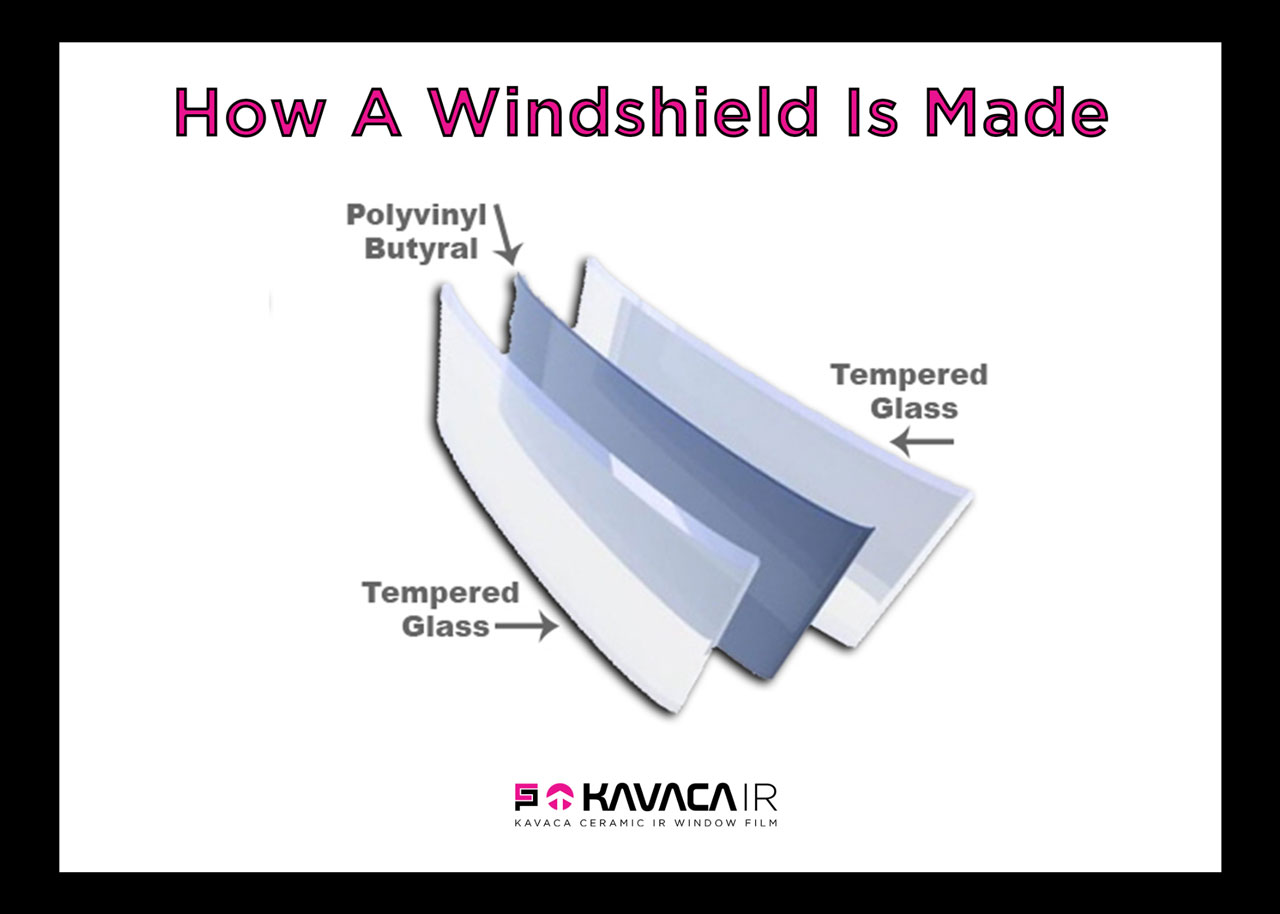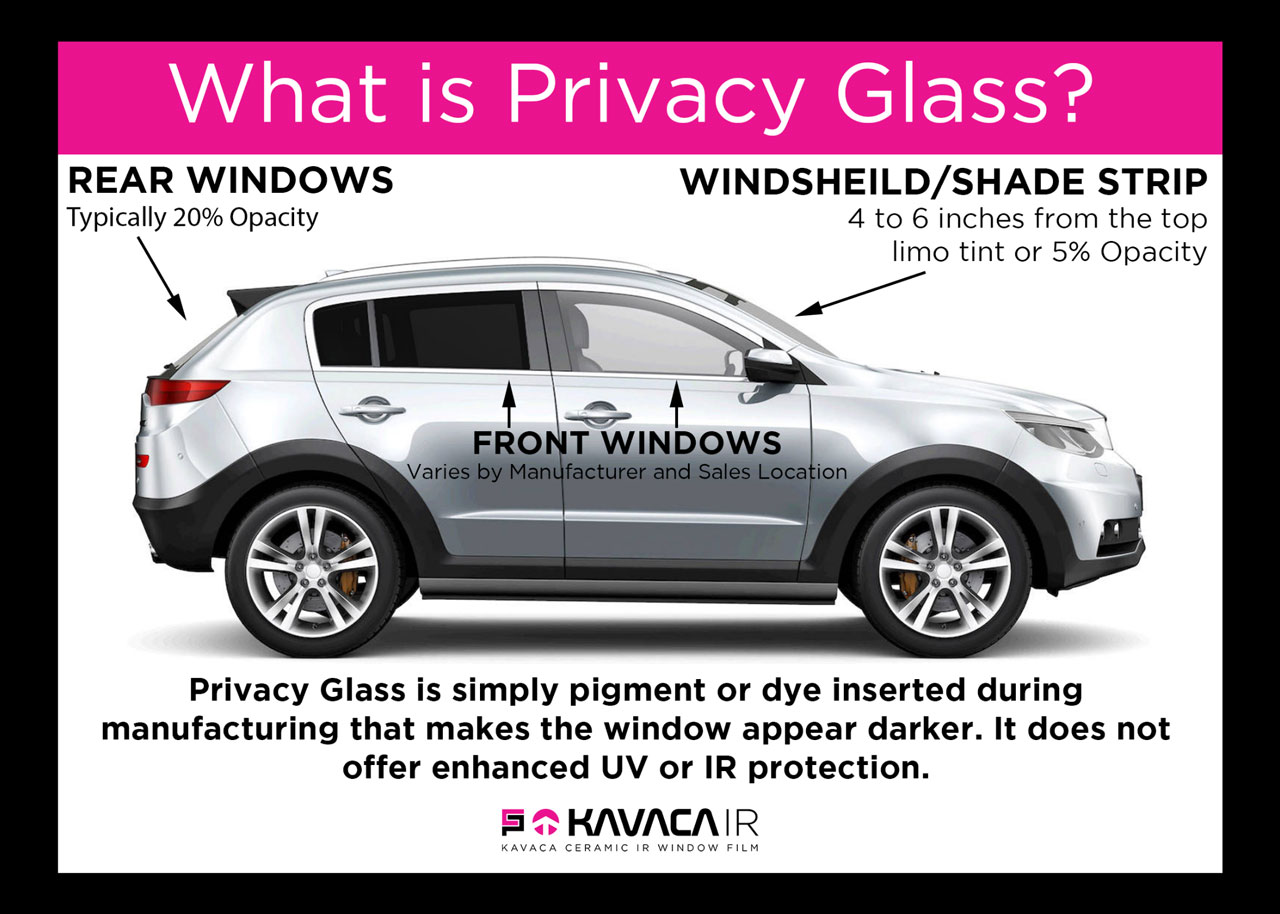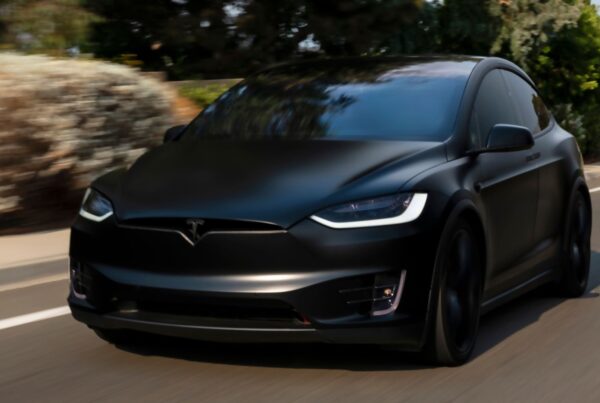You bought that brand new SUV, pick-up, or four-door sedan with those rear tinted windows – so you are good to go – right? Yeah, not so much. If you have purchased a newer four-side window vehicle in the past few years, it’s quite possible you’ve got factory tinted windows. However, what you may not know is that this is automotive privacy glass – that’s 100% designed for visual enhancement.
Today’s auto manufacturers are smart – but savvy and cost-driven marketers. They know most car shoppers prefer tinted windows – not only to reduce theft, but to provide protection against UV rays and reduce infrared heat. But privacy glass only checks one of those boxes and does nothing to protect vehicle occupants – like car window tint will.
Like many car dealership sales tactics, there are quite a few secrets about factory tinted windows that they don’t want you to know. As we’re advocates to all passionate vehicle owners, we’re here to expose some of those secrets. So, let’s explore the facts about automotive privacy glass in the blog below.
First – take a few minutes to watch this video to get a baseline on comparing privacy glass vs window tinting.
Learning the Facts About Automotive Glass
It’s time to get scientific – so get ready for a technical overload of data. When you drive away in that new car, truck, or SUV, you’ll have two different types of glass installed on the vehicle – safety glass and tempered glass. The safety glass is your windshield, which is manufactured to reduce the potential of shattering during impact of an object.
A windshield is comprised of laminated glass, which is essentially two pieces of shatter-resistant glass with a thin layer of transparent vinyl sandwiched between them. During the manufacturing process, the three pieces are laminated through application of pressure and heat in an autoclave (which is basically an oven). If an object hits the windshield, the outer layer is the only one to suffer damage.

If a large object strikes the front windshield, it does not shatter due to the vinyl layer in the middle. It essentially holds the integrity of the windshield.
So – this leads us to the other windows on your vehicle. These are made of tempered auto glass. The term tempered refers to manufacturing via a heat and rapid cooling process. It’s the way many steel weapons have been made for centuries. The tempering process makes an object exceptionally strong – especially when comparing two objects with similar dimensions in thickness.
When a tempered glass breaks, it’s designed to shatter into tiny pieces (no larger than rock salt). However, while they are not large shards of glass – they can still cause injury to vehicle occupants. A window film that is installed on the inside of tempered glass helps to hold the glass together – reducing the potential of flying glass during an accident.
How is Privacy Glass Different?
Privacy glass is found on the rear or sides of a vehicle. It’s made in a similar tempered process; however, the auto glass is infused with a dye or pigment that simply darkens the window. It basically provides a “tint” that helps to block light and makes it more difficult for people to see into the vehicle. Hence the name “privacy glass”.
The ‘factory tint or tinted glass’ is physically no different than a standard tempered automotive glass. In fact, if you were to remove the darkened pigment from the manufacturing process, the two windows would provide the same attributes.
What Does Privacy Glass Not Do?
This introduces a popular misconception about automotive privacy glass – “it’s just as good as automotive window tint”. As Dwight Kurt Schrute III from The Office would say – “FALSE”.

Here is a list of things that privacy glass is not capable of – but window tint or film can do – based on the type of film:
Block up to 99.9% of UVA and UVB Rays: UV rays cause materials to dry out and age – such as your cars dashboard, leather trim, and even textiles. It’s also the emission from the sun that can lead to skin cancers.
Reduce Glare: The sun’s rays reflect off glass – which produces a visual glare impairment. Many window tints – such as KAVACA Carbon CS are infused with microscopic particles that absorb those refracting rays – which reduces the visible glare. This helps to improve visibility while driving.
Lower Heat: Infrared rays or IR is the emission of the sun that produces heat. As the sun rises, infrared emissions are increased – which is why it gets hotter as the day progresses and starts to cool when the sun begins to fall. These Infrared rays penetrate glass – even privacy glass. While all automotive glass has some IR blocking tendencies, privacy glass in general does not provide more heat blocking than transparent automotive glass.
Reduce Shattering: As stated above, privacy glass is simply a dye or pigment – it’s not a vinyl or polymer infused in the middle of the glass. Window film is that material that helps to bind the glass together in case of an accident.
Can You Opt for No Privacy Glass?
When you really think about it – privacy glass is correctly named. Its primary goal is to add privacy for the car’s interior of your vehicle. While it does ‘look’ like window tint – it does not offer the protective qualities.
This leads many new car buyers to wonder if you can opt out of having the car offered with privacy glass. Unfortunately, privacy glass is typically a factory standard inclusion these days. However, it is possible – and highly recommended to have a professional window tint installer add a high-quality window film to your windows, even if it has privacy glass.
The Benefits of KAVACA Window Film
If you’re going to buy a new vehicle – and have the option to omit the privacy glass – by all means, do so. Window tint or film is typically less expensive than adding privacy glass from the factory (as an upgrade). Plus, a high-quality window film – such as the new line of KAVACA Window Films offered by Ceramic Pro can block 99.9% of UVA and UVB.
With KAVACA Ceramic IR, Ceramic Pro has infused a proprietary formulation of nano-ceramic technology with an IR layer to deliver excellent Heat Rejection, Glare Control and UV protection that is metal-free, supporting signal clarity for all types of electronic devices. KAVACA Ceramic IR blocks up to 99%+ of cancer-causing UVA and UVB rays and filters 96% of infrared heat.
KAVACA Carbon Color Stable window film offers vehicle owners more bang for their window tint dollar. It’s a superior and diverse window tint film, available in black or charcoal in various tint percentages. KAVACA Carbon CS is infused with non-metallic nano-carbon technology.
KAVACA Carbon CS window tint blocks up to 99% of cancer-causing UVA and UVB rays, produces crystal clear visibility, and is supported by a LIFETIME WARRANTY. KAVACA Carbon CS filters 70% of infrared heat.
As we leave 2020 and roll into 2021, Ceramic Pro will be introducing KAVACA Window Film to professional window tint shops across North America. If you operate a window tint installation center or offer mobile tinting for cars – and would like to offer your services at a Ceramic Pro Auto Spa or certified installation center – click the button below to learn how you can join our team.





